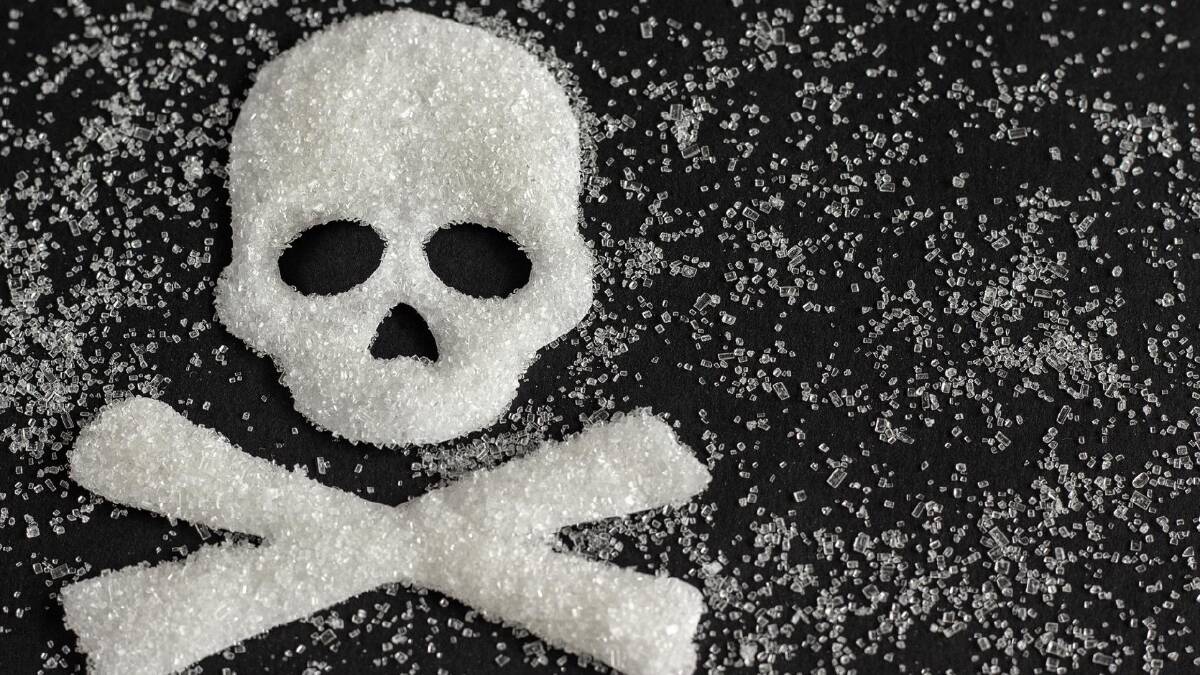Australian of the Year and eye surgeon Dr James Muecke suspects that most people are sugar addicts and don't even realise.
Subscribe now for unlimited access.
or signup to continue reading
The highly addictive nature of sugar - "as addictive as the nicotine in cigarettes", he says - is one of the "five A's" that give sugar its "toxic impact" and combine to make winning the war on type 2 diabetes that much harder.
An estimated 1.6 million Australians live with type 2 diabetes, the sixth biggest killer in our country and the leading cause of blindness among working-age adults.

"Type 2 diabetes is a dietary disease and a dietary disease needs a dietary cure," Dr Muecke, co-founder of eye health charity Sight For All, says.
"Sounds simple right? Unfortunately, not."
The 2020 Australian of the Year hopes that increased awareness of the risk factors - the "five A's" that can make sugar toxic - will help prevent the diabetes in the first place, and in turn lower Australia's staggering $20 billion annual cost of dealing with its many health complications.
READ MORE:
National Diabetes Week runs from July 12 to 18. To check your risk of developing type 2 diabetes within the next five years, try Diabetes Australia's risk calculator.
Here are Dr Muekce's "five As" of sugar toxicity:
Addicted
Sugar and other sweet products are highly addictive. In fact, sugar has been proven to be as addictive as the nicotine in cigarettes.
Like nicotine, alcohol and drugs, consumption of sugar activates the reward centre in our brains, resulting in the release of the neurotransmitter dopamine. This, in turn, makes us want to do it again, as it feels good.
It also gives us cravings. And it's the good feelings and the cravings that conspire to make sugar a very difficult habit to kick.
Alleviation
Because sugar makes us feel good, it's often used as solace when we're down or to alleviate or relieve stress.
It gives us an endogenous dopamine hit which counters the cortisol released during anxious times. The problem is, the more sugar we ingest, the more we need to make us feel good.
It's a vicious cycle that's hard to break and often drives excessive and sustained consumption of sugar.
Accessibility
These days it seems that our whole world is flooded with cheap, highly accessible sugary food and drinks.
You can't walk into a service station without being confronted by a wall of confectionery and you can't check out from most supermarkets and many stores without being enticed by chocolates and soft drinks, often at heavily discounted prices.
Addition
The world-wide sugar addiction is compounded by the astronomical amount of sugar and other sweeteners added to food and drinks.
In the US, 75 per cent of all food and drinks have added sugar and I suspect that Australia is not far behind.
Advertisement
Our love affair with sugar is also exacerbated by the relentless barrage of advertisements for sweet products that flood our every waking moment, often in a predatory manner, and the lure of fast and convenient foods in our busy lives.
ACM, the publisher of this website, is a proud supporter of the Australian of the Year Awards.

